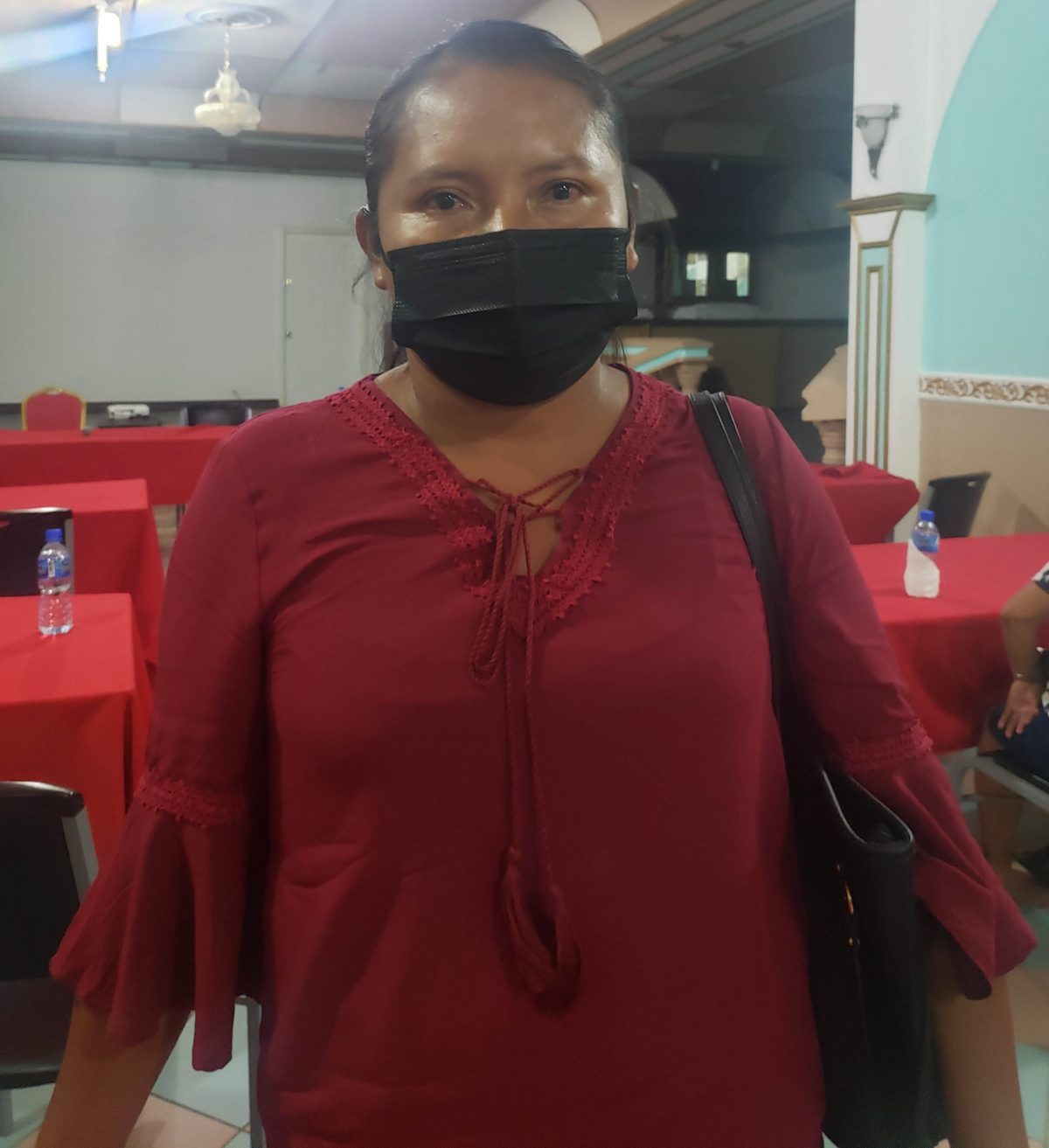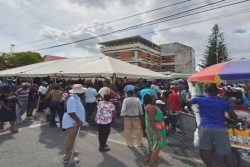With rain continuing to fall in the Upper Mazaruni, Region Seven, one of the biggest challenges residents in some communities are facing is the shortage of basic supplies.
While it seems that the worst of the flooding has passed, Toshao of Jawalla, Verron Henry, yesterday said that persons living in her community are still suffering from its effects. She disclosed that to date, residents are still struggling to obtain food and water supplies and noted that this is one of the biggest challenges the villagers are facing as majority of the farms have been destroyed.
Jawalla was one of several communities that were hard-hit by the June flooding. According to Henry, 60 persons living along the riverbank were severely affected, with some houses destroyed. While those living on higher ground were not affected by floodwaters, their farms were destroyed, leaving the community with little in the way of food supplies.
According to Toshao of Kako, Mario Hastings, Indigenous communities depend on the river for water ,which is why many persons live along the riverbank. He said that when the river overflowed, the water became polluted and many persons got sick after drinking the water.
In the case of her community, Henry said there is a well in the area but due to the way the village is situated, some are not getting to access the water so they are continuing to use the water from the river despite the effect it is having on their health.
“So water supply is one of the main things that we have to look at. Because we have no clean water we have to continue using the river water,” she said.
Apart from that, she said, families are still try to recover from the effects of the flooding. She said that some persons have already started rebuilding their homes on higher ground while others have no resources to even start. Henry noted that they have requested for assistance from the government but not much has been done as yet.
In Kako, over 154 families were affected and sixteen homes along the riverbank were flooded. According to Hastings, floodwater levels were the highest it has ever been in years and the destruction caused was even greater.
He said persons are considering relocating to higher ground in fear that such disastrous flooding will become normal. However, some persons are not in favour of relocating because of their dependence on the river for water.
The toshao predicted that the recovery process will take nine to twelve months once rain has stopped falling. He disclosed that currently there is a lack of seedlings because nearly all their crops were destroyed. However, persons who have cassava sticks and seeds are sharing with others so that they can start replanting.
He also disclosed that there are currently outbreaks of malaria, typhoid and dengue in the Mazaruni.






